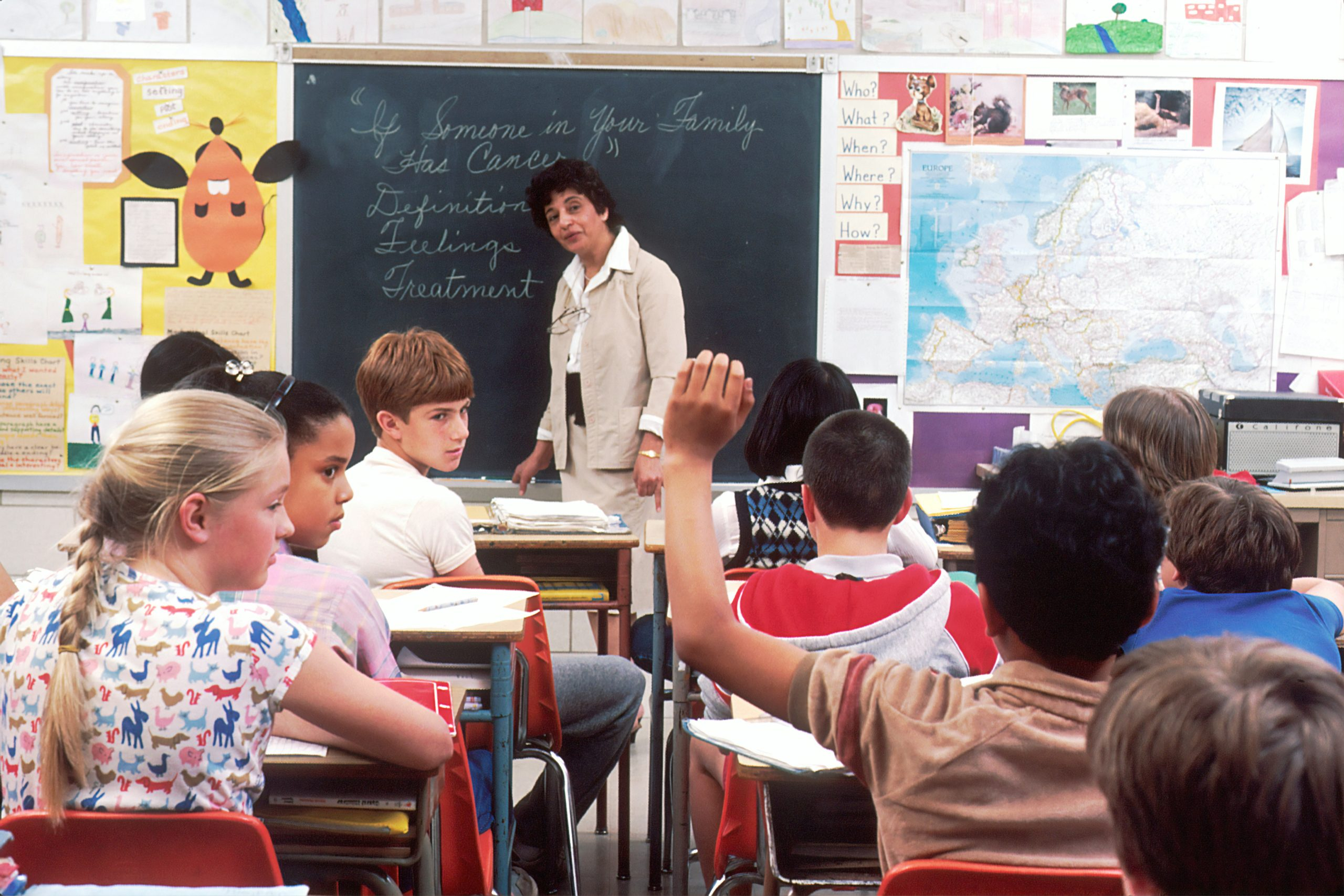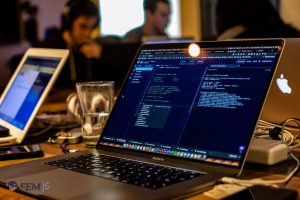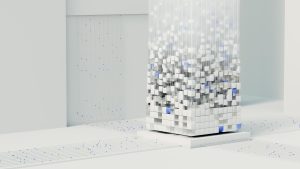The Future of Learning Techniques: Adaptive Strategies for Modern Students
The world is rapidly evolving and the traditional ways of education are quickly becoming insufficient for the modern era. The traditional “one size fits all” approach to learning is no longer effective in catering to the diverse needs and learning styles of today’s students. In order to keep up with the fast-paced changes, the future of learning techniques lies in adaptive strategies that can cater to individualized needs and promote a deeper understanding of concepts. Let’s delve into this trend and explore how adaptive strategies can shape the future of education for students in the modern world.
The Need for Adaptive Learning Techniques
The rise of technology has opened up endless possibilities in the realm of education. With the majority of the population having access to internet and devices, learning has become more convenient, accessible, and personalized. However, this also means that students nowadays are bombarded with numerous distractions and information overload. In order for them to truly learn and retain knowledge, the learning techniques need to adapt to the ever-changing digital landscape and cater to the unique needs of each student.
Personalized Learning
Personalized learning is the cornerstone of adaptive learning techniques. It is based on the concept that each student has a unique learning style, pace, and needs. By leveraging technology, teachers can gather data on each student’s progress, strengths, and weaknesses and tailor the learning experience accordingly. This not only helps students to grasp concepts better, but also fosters a deeper understanding and long-term retention of knowledge.
Engaging and Interactive Learning
Today’s students have grown up in a digital world, where their attention spans are shorter and they are more accustomed to interactive and engaging content. The future of learning lies in incorporating these elements into the education system. With the use of multimedia tools, gamification, and virtual reality, students can experience immersive and interactive learning, making the process more enjoyable and effective.
Continuous and Adaptive Assessment
Assessment is an integral part of the learning process, and when done correctly, it can help students identify their strengths and weaknesses and track their progress. In the future, traditional exams might become obsolete, and instead, adaptive assessment methods will be used. These methods will constantly adapt based on the students’ performance, thus giving a more accurate representation of their understanding and learning progress.
The Role of Artificial Intelligence
Artificial Intelligence (AI) has revolutionized the way businesses work and is now slowly but steadily gaining ground in the education sector as well. With AI, machine learning algorithms can be used to analyze vast amounts of data and provide personalized learning recommendations for students. AI can also be used for developing intelligent tutoring systems, personalized learning apps, and chatbots that can provide immediate assistance to students.
On-Demand and Lifelong Learning
Adaptive learning techniques also have the potential to change the way we look at education as a whole. With personalized learning, students can now access educational content on-demand, anytime and anywhere. This flexibility makes it easier for people of all ages to continue learning and upskilling throughout their lives. As the job market is rapidly evolving, this becomes vital for staying competitive in the future.
The Future is Bright
The future of learning techniques is indeed bright. With technology rapidly advancing, and the ability to cater to individualized needs, it has the potential to transform and improve the entire education system. It can bridge the gap between traditional classroom learning and online learning, by combining the best of both worlds. The adaptive strategies will not only enhance the learning experience for students, but also reduce the workload for teachers, giving them more time to focus on individualized instruction.
In conclusion, the traditional education system is no longer sufficient in this fast-paced and digitally-driven era. The future of learning techniques lies in adaptive strategies that cater to individualized needs and promote a deeper understanding and retention of knowledge. With the help of technology, AI, and personalized learning, we can revolutionize the education system and prepare students for the ever-changing future.











